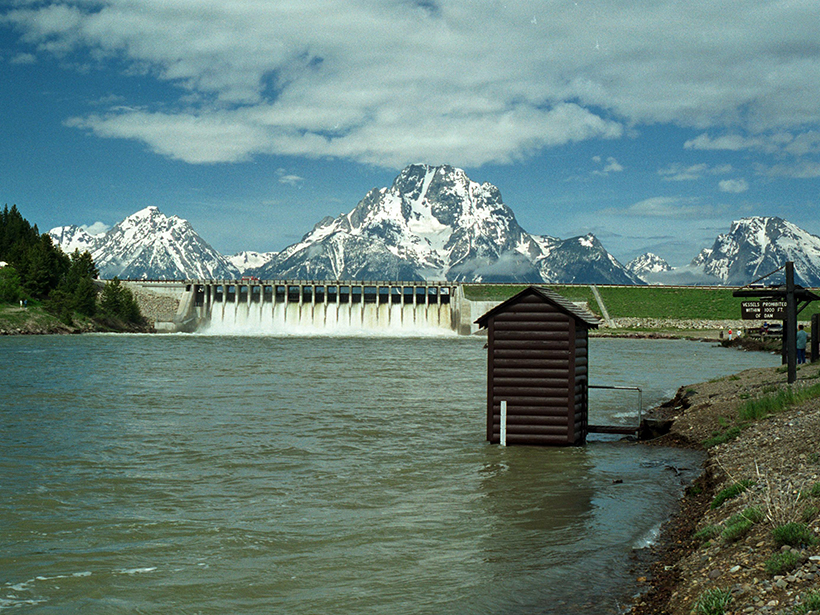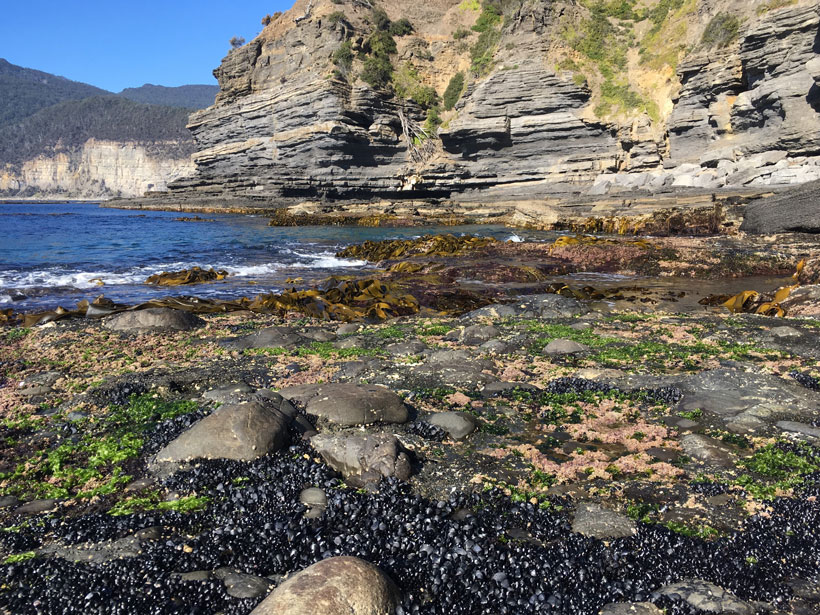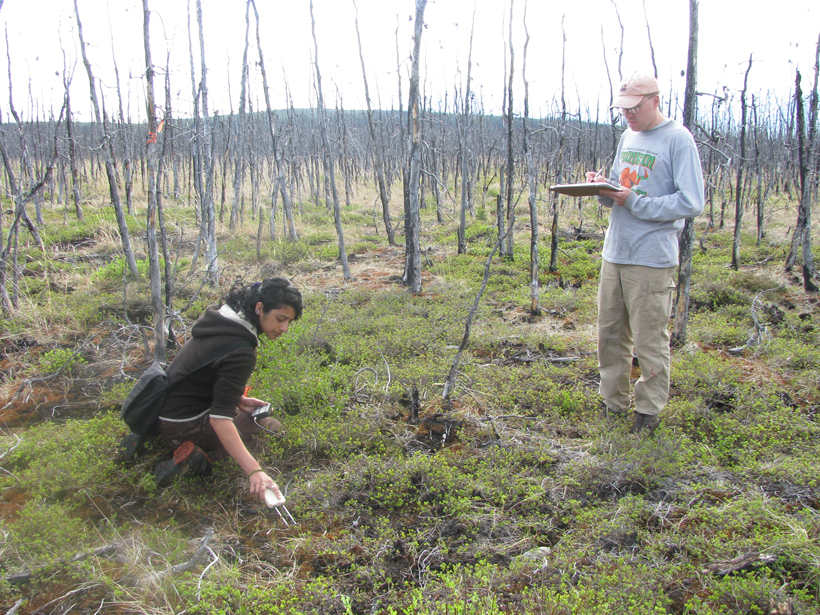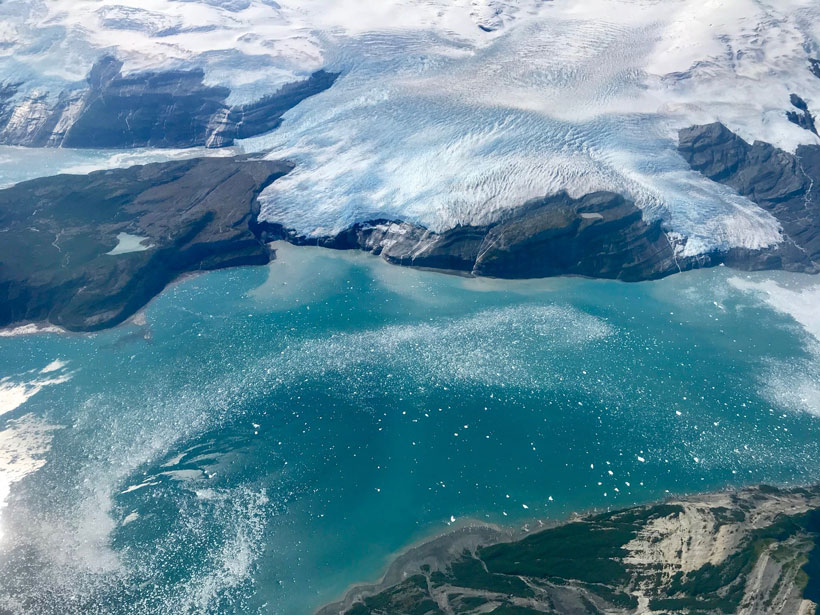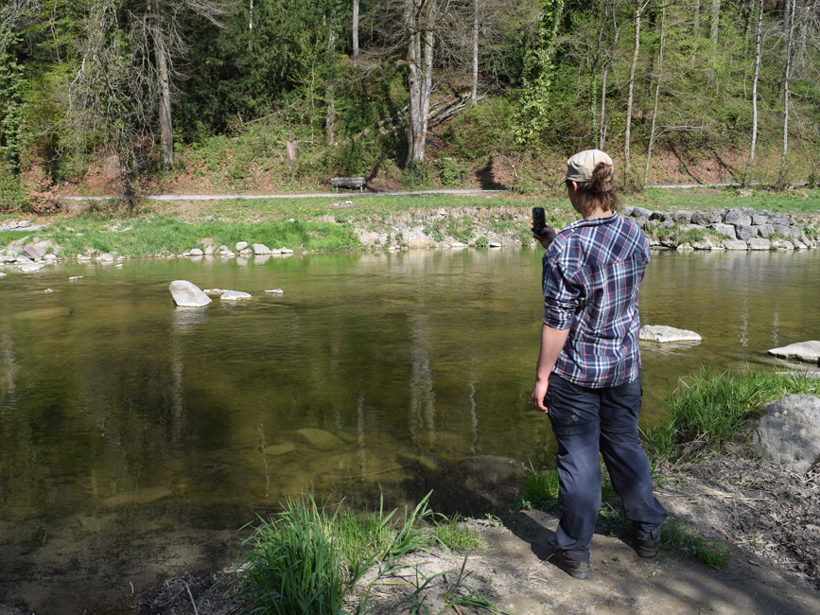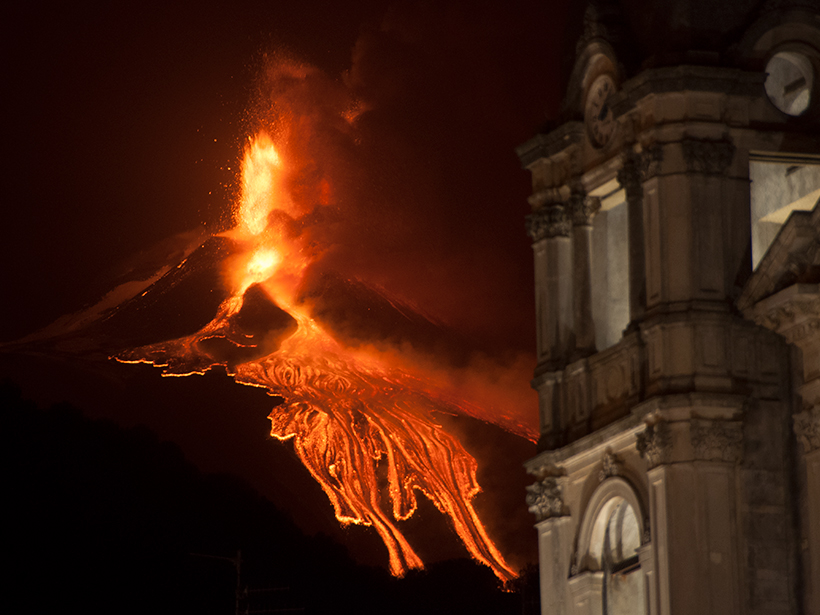It took more than a decade, but a bill that funds U.S. volcano monitoring efforts and establishes a single system became law on 12 March.
monitoring networks
A Digital Mayfly Swarm Is Emerging
Low-cost, open-source data collectors and a suite of collaborative online tools are making big leaps in the field of watershed monitoring.
Exploring Uncertainty in Streamflow Estimates
A review of streamflow uncertainty estimation methods reveals that one method does not fit all situations and provides recommendations for how to improve streamflow estimates.
Keeping a Watch on Seaweeds: The Forests of the World’s Coasts
Planning the Implementation of a Global Long-Term Observing and Data Sharing Strategy for Macroalgal Communities; Hobart, Tasmania, Australia, 24–26 September 2018
Mapping and Monitoring Soil Moisture in Forested Landscapes
Monitoring Forest Soil Moisture for a Changing World; Ann Arbor, Michigan, 15–17 May 2018
Global Ice Monitoring Satellite to Launch as Early as This Week
The soon-to-launch satellite will measure the height and thickness of sea ice, glaciers, ice sheets, and permafrost around the world to an unprecedentedly high precision.
Great American Eclipse Data May Fine-Tune Weather Forecasts
Measurements taken by an automated national meteorological monitoring network during the 2017 total solar eclipse illuminate how the land and atmosphere respond to a sudden loss of sunlight.
Seismic Sensors Record a Hurricane’s Roar
Newly installed infrasound sensors at a Global Seismographic Network station on Puerto Rico recorded the sounds of Hurricane Maria passing overhead.
Testing the Waters: Mobile Apps for Crowdsourced Streamflow Data
Citizen scientists keep a watchful eye on the world’s streams, catching intermittent streams in action and filling data gaps to construct a more complete hydrologic picture.
Radon Tells Unexpected Tales of Mount Etna’s Unrest
Readings from a sensor for the radioactive gas near summit craters of the Italian volcano reveal signatures of such processes as seismic rock fracturing and sloshing of groundwater and other fluids.



